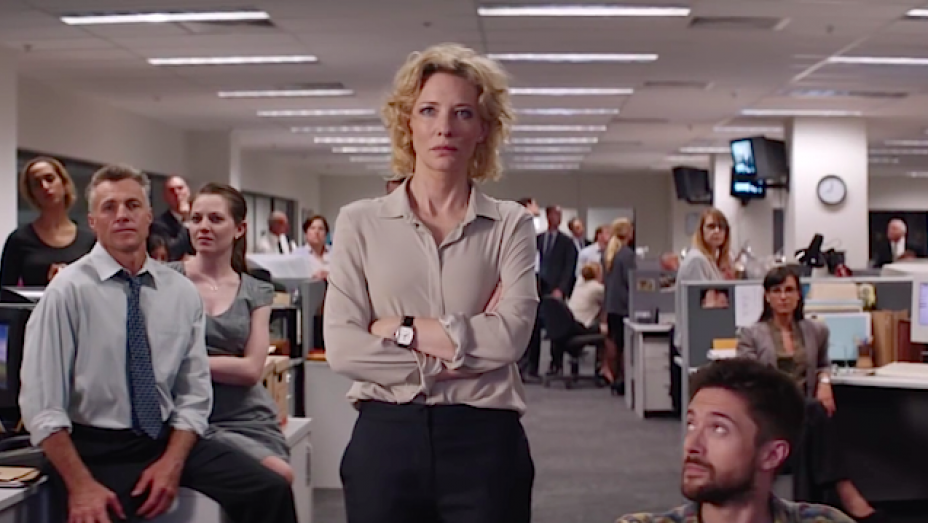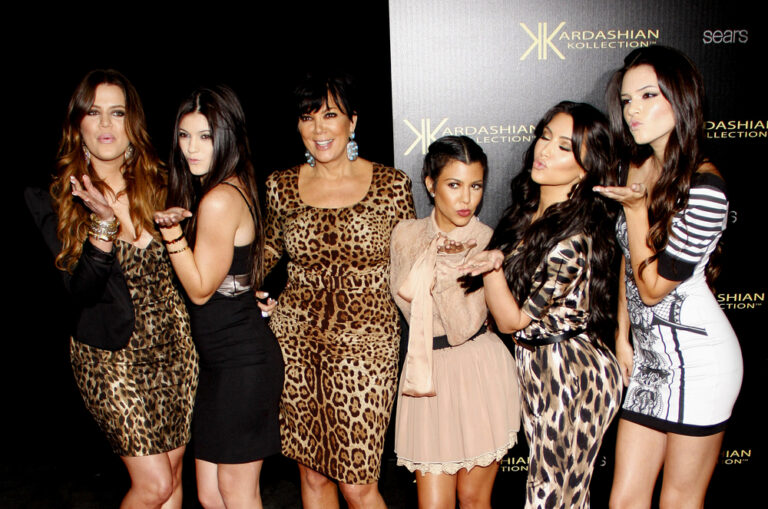fciwomenswrestling.com femcompetitor.com article, pexels.com rawpixel.com
March 10, 2020,
Where would we be without them?
Not only in our home countries but around the world.
Journalists from small to major networks are the life blood to keeping us safe and informed.
As of this March 10, 2020, writing the Coronavirus has shocked the world and is wreaking havoc on the stock market and businesses around the world.
The 2019–20 coronavirus outbreak is an ongoing outbreak of coronavirus disease 2019 (COVID-19), that has spread to multiple world regions.
It is caused by the SARS-CoV-2 virus, first identified in December 2019 in Wuhan, China. As of 29 February 2020, more than 85,000 cases have been confirmed in 60 countries, of which 8,000 were classified as serious.
Coronaviruses are a large family of viruses that are common in many different species of animals, including camels, cattle, cats, and bats.
Most infected people have initially shown clinical symptoms, often described as flu-like symptoms, such as fever, coughing, breathing difficulties, fatigue, and myalgia. Further development can lead to severe pneumonia, acute respiratory distress syndrome, sepsis, septic shock, and death. Upper respiratory symptoms, such as sneezing, a runny nose and sore throat, are less frequent.
At least 2,900 deaths have been attributed to the disease and the risk of it spreading further is very high.
The concern has been that instead of warning the public about this lethal threat, the Chinese government covered it up.
As reported by foreignpolicy.com, “As fear of the Wuhan coronavirus seizes China, the outlines of the local government mistakes that gave the disease a critical monthlong head start are becoming apparent. Reporting in both foreign and domestic media paints a picture of a city government in Wuhan more concerned with political meetings than epidemic control—and where attempts by insiders, including eight separate doctors, to speak out were stamped on by police.”
Their team adds that the central government is now promising to perform where Wuhan officials failed. Officials in Beijing have pledged greater transparency to both the public and outside groups like the World Health Organization, even introducing a whistleblower hotline within the massively popular WeChat messaging app.
In the United States, The Center for Disease Control and Prevention educates, “CDC is responding to an outbreak of respiratory disease caused by a novel (new) coronavirus that was first detected in Wuhan City, Hubei Province, China and which has now been detected in 57 locations internationally, including cases in the United States. The virus has been named “SARS-CoV-2” and the disease it causes has been named “coronavirus disease 2019” (abbreviated “COVID-19”).
More cases are likely to be identified in the coming days, including more cases in the United States. It’s also likely that person-to-person spread will continue to occur, including in the United States. Widespread transmission of COVID-19 in the United States would translate into large numbers of people needing medical care at the same time. Schools, childcare centers, workplaces, and other places for mass gatherings may experience more absenteeism.
Public health and healthcare systems may become overloaded, with elevated rates of hospitalizations and deaths. Other critical infrastructure, such as law enforcement, emergency medical services, and transportation industry may also be affected. Health care providers and hospitals may be overwhelmed. At this time, there is no vaccine to protect against COVID-19 and no medications approved to treat it. would be the most important response strategy.”
One of the aspects of this global disaster that comes into focus is the importance the role of journalists play in keeping the public informed, especially when they cannot rely upon government sources to do so.
Wider concerns about consequences of the outbreak include political and economic instability. They have also included the spread of misinformation and disinformation about the virus, primarily online.
Reading news information from credible sources is critical.
A film that emphasis the importance of good journalism under duress have garnered global attention as well.
For good reason.

Truth is a 2015 American political docudrama film written and directed by James Vanderbilt in his directorial debut. It is based on American journalist and television news producer Mary Mapes‘s memoir Truth and Duty: The Press, the President and the Privilege of Power.
The film focuses on the Killian documents controversy, and the resulting last days of news anchor Dan Rather and producer Mary Mapes at CBS News. It stars Cate Blanchett as Mapes and Robert Redford as Rather.
Truth had its world premiere at the 2015 Toronto International Film Festival.

Here is what the respected film reviewers at rogerebert.com has to say about this once explosive story, “Have we reached an era of journalism in which internet nitpicking and clickbait forces news readers to examine each individual tree instead of considering the entire forest? It certainly feels that way as soundbites rate higher on Twitter than speeches, and segments of news programs feel devoted to salacious details more than presenting the full picture. James Vanderbilt’s effective “Truth” makes the case that this state of journalistic being really got underway with the railroading of Mary Mapes and Dan Rather in 2004, over a “60 Minutes II” story that purported that then-president-and-candidate George W. Bush not only dodged service in Vietnam, but didn’t serve his duty on the Texas Air National Guard on which he was placed to get out of combat.”
The fallout from that story that literally blew up in the face of the entire news structure at CBS was when it was revealed that some of the documents used as evidence were not thoroughly verified.
“A journalist covering politics, most of us are aware of the necessity to try to be sure we’re unbiased in our reporting. That’s one of the fundamentals of good journalism.”… Walter Cronkite
The film makes the compelling case that no one really asked if the story was true or not, merely using the furor over the documents as a way to tear down the rest of the piece.
In an age of endless online blogs and Twitter accounts where the public is getting its news, many inaccurate and slanted, now more than ever we need to see our reputable news sources survive.
It seems our very health, democracies and lives may depend upon it.

~ ~ ~
Opening photo fciwomenswrestling.com femcompetitor.com, fcielitecompetitor.com, photo via The Atlantic
https://en.wikipedia.org/wiki/2019%E2%80%9320_coronavirus_outbreak
https://foreignpolicy.com/2020/02/03/wuhan-coronavirus-coverup-lies-chinese-officials-xi-jinping/
https://www.cdc.gov/coronavirus/2019-ncov/summary.html
https://www.rogerebert.com/reviews/truth-2015
https://fciwomenswrestling.com/



